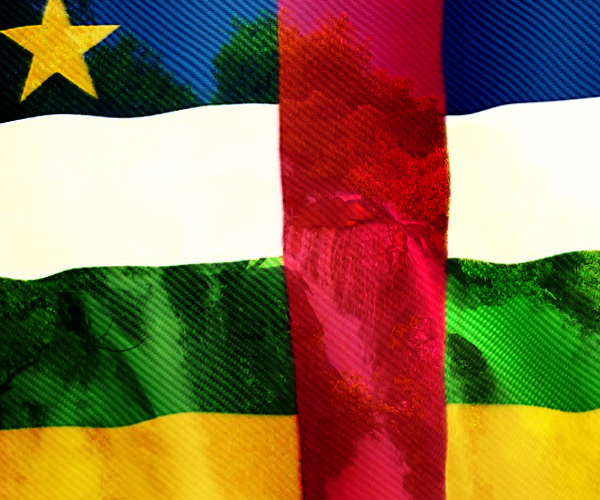CURRENT LOCAL TIME



Background Check Group
+6531 290 390
Email: info@backcheckgroup.com
Background Check Group
Global Reach Local Insight Headquartered in Singapore serve clients in more than 200 countries

The decision to travel is your responsibility. You are also responsible for your personal safety abroad. The Government of Canada takes the safety and security of Canadians abroad very seriously and provides credible and timely information in its Travel Advice. In the event of a crisis situation that requires evacuation, the Government of Canada’s policy is to provide safe transportation to the closest safe location. The Government of Canada will assist you in leaving a country or a region as a last resort, when all means of commercial or personal transportation have been exhausted. This service is provided on a cost-recovery basis. Onward travel is at your personal expense. Situations vary from one location to another, and there may be constraints on government resources that will limit the ability of the Government of Canada to provide assistance, particularly in countries or regions where the potential for violent conflict or political instability is high.
Political and security situation
In March 2013, a coalition of rebel forces known as Seleka entered the capital, Bangui, and overthrew the government. In January 2014, a transitional government was established. The security remains unstable throughout the country despite the stabilization mission of the United Nations. Sectarian violence is frequent and has resulted in thousands of deaths.
A curfew is in effect in Bangui from 6 p.m. to 5 a.m. Official and unofficial roadblocks are set up throughout the country.
Law enforcement personnel throughout the country are unable to ensure the security of civilians. If you are in CAR despite this advisory, take the necessary precautions to stay safe. There is no resident Canadian government office in CAR. The ability of the Government of Canada to provide consular assistance or assist your departure is extremely limited.
The border with Chad is closed.
Prefecture of Haut Mbomou
Incursions into the prefecture of Haut-Mbomou, in southeastern CAR, by the Lord’s Resistance Army (LRA) have escalated, especially between the town of Zemio and the border with South Sudan. The security situation is highly volatile and the local population continues to flee the attacks.
In December 2008, troops from Uganda, the Democratic Republic of Congo (DRC) and Sudan launched a joint military offensive against bases of the LRA in northern DRC. Since the launch of the joint campaign, the LRA has dispersed and retaliated with great violence against the civilian population in villages located in border areas with South Sudan and Uganda. Many people have been killed and thousands more have fled the region. Ugandan, Congolese and South Sudanese forces, and the United Nations Mission to the DRC, have been increasing their presence and operations in the area. United States Special Forces have been deployed to the area to provide training and support to the Central African Army in the south-eastern region of the country.
The country is affected by rebel activity, armed attacks and banditry. Sectarian violence is frequent. Some attacks have been indiscriminate. Shootings and looting have increased since 2013. Westerners and employees of international organizations have been targeted for attacks and kidnapped. The risk of abduction has increased in 2015 for both nationals and foreigners.
Theft is prevalent. Ensure your personal belongings are secure, and do not show signs of affluence. You should carry only certified copies of your travel documents.
Acts of violence frequently occur at the KM5 market in Bangui.
Public gatherings and areas where demonstrations may occur should be avoided, as some have turned violent in the past. Avoid moving about the city during times of civil unrest.
Transportation
For the time being, it is recommended that any road travel outside Bangui be avoided. Roads are poor throughout the country, and the only paved roads lead out from Bangui 157 km northwest to Bossembélé, 188 km northeast to Sibut and 107 km southwest to M’Baiiki. Dirt roads can be closed for hours or for days during the wet season. Buses, trucks and minibuses are the normal means of transportation.
Although remote areas can normally be accessed with four-wheel-drive vehicles, some roads may be impassable during the rainy season (May to October). In the event of an accident involving injuries, you should go to the nearest police station and contact the Consulate of Canada in Bangui. Police and military may set up roadblocks.
If you decide to undertake road travel despite this warning, keep in mind that all overland travel outside the capital should be done in a convoy of at least two vehicles and during daylight hours. Regional wars have increased access to weapons, and armed attacks occur, often consisting of highway robbery. Overland points of entry are closed to tourists since no security arrangements are provided for foreigners travelling outside the capital.
Fuel shortages are common. Fuel reserves are recommended when travelling.
See Transportation Safety in order to verify if national airlines meet safety standards.
Tourist facilities are not widely available.
RECIPIENT
STREET_NAME [HOUSE_NUMBER]
LOCALITY
CENTRAL AFRICAN REPUBLIC
Sample
Bangui Hotel
Boulevard de Gaulle 23
Bangui
Central African Republic